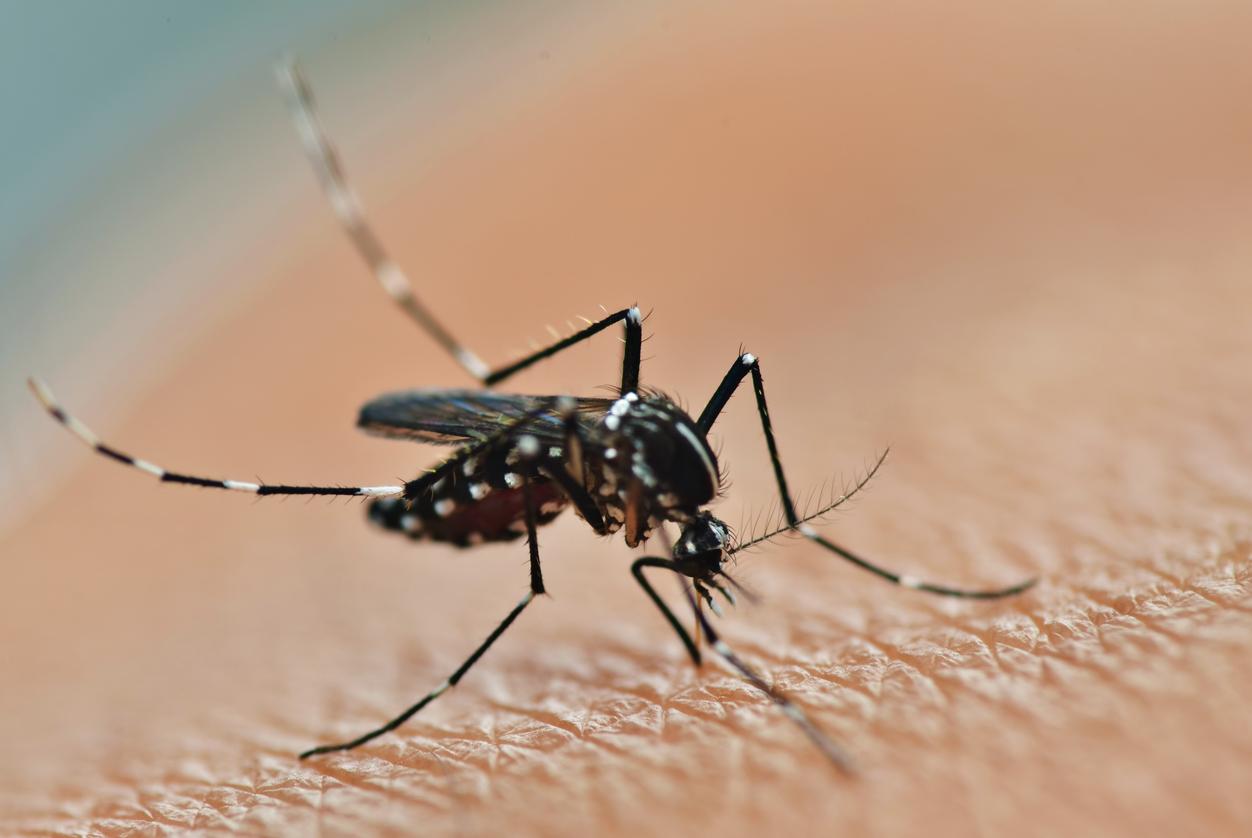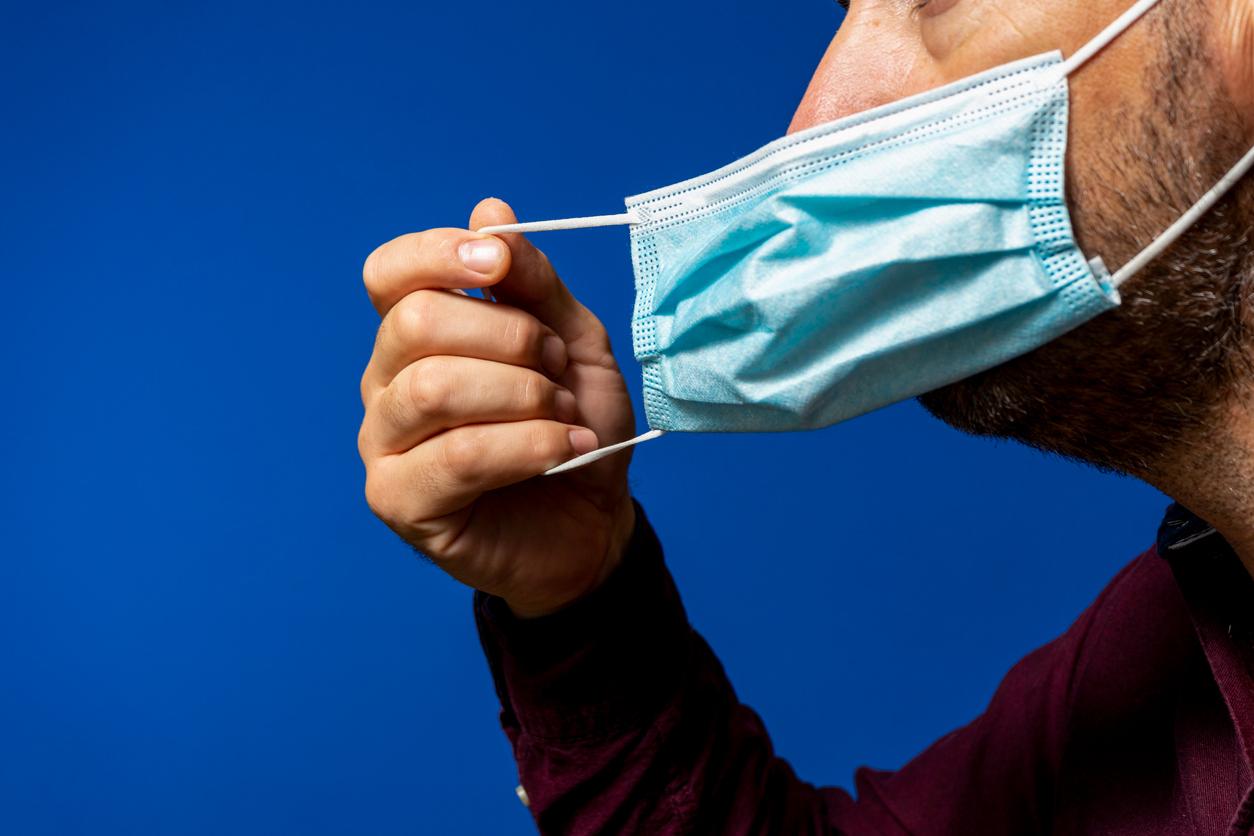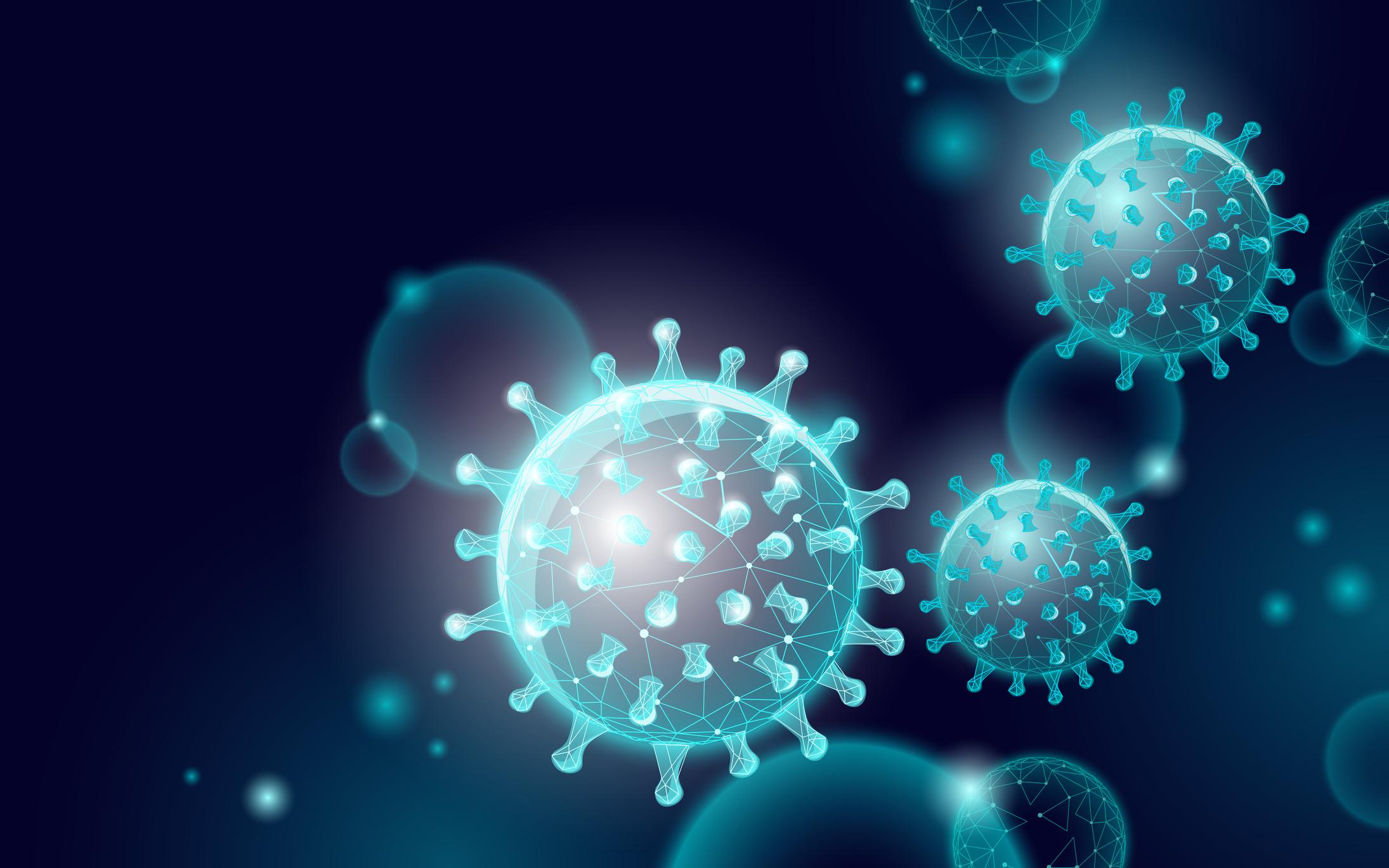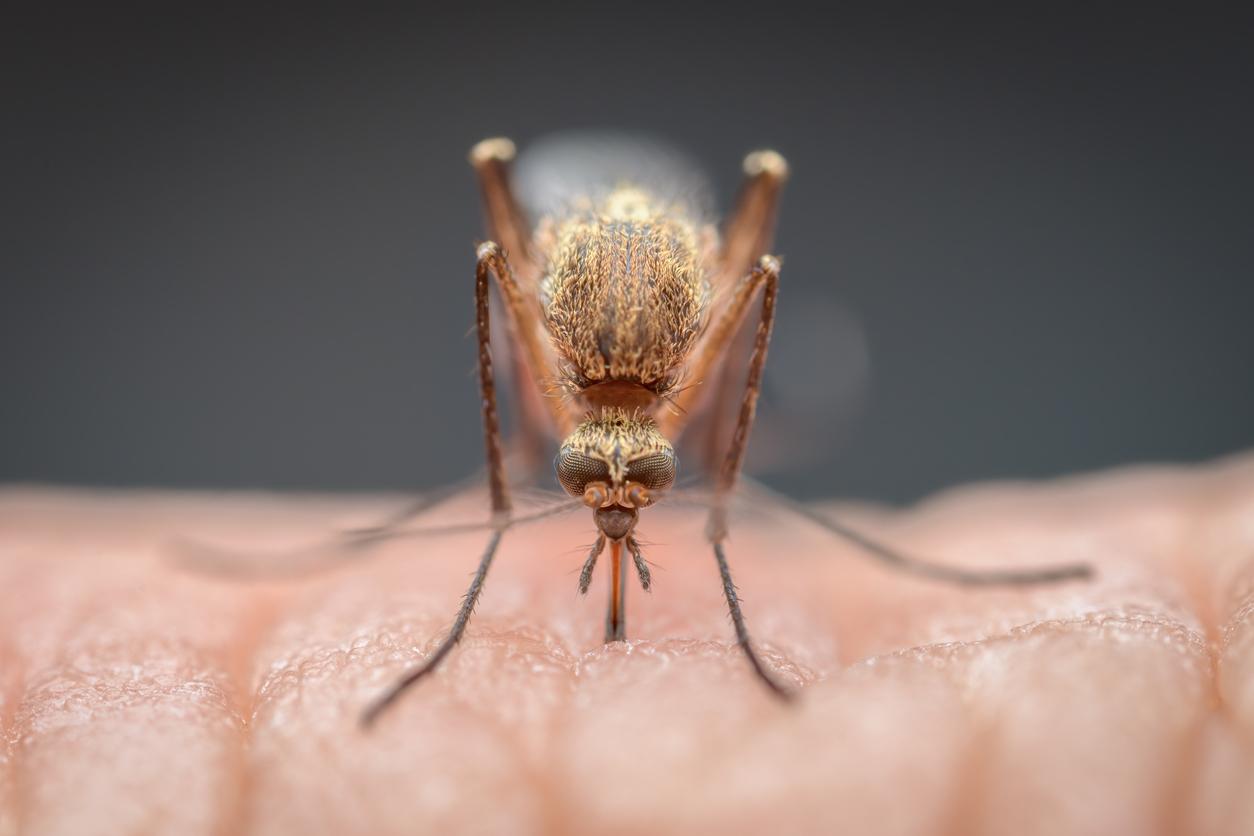The World Health Organization (WHO) believes that the name of the disease called “monkeypox” (or “Monkeypox)” should be changed.

- There is an urgent need to change the name of monkeypox, experts say.
- This tropical disease usually confined to certain areas of the African continent is currently spreading in 28 non-endemic countries, including France.
“The current name does not match WHO guidelines which recommend avoiding geographic regions and animal names,” a spokesperson told bloomberg.comabout monkeypox, which currently affects 1,300 people in 28 countries.
With this declaration, the WHO joins the opinion of around thirty international experts who were moved last week by the discriminating and stigmatizing nature of the current name of the disease: “In the context of the current global epidemic, the continued reference and nomenclature of this virus as African is not only inaccurate, but also discriminatory and stigmatizing,” said the group of scientists in an online letter, while claiming “an urgent change in non-discriminatory and non-stigmatizing nomenclature for the monkeypox virus”.
Pustular disease
Regarding the symptoms, the monkeypox virus causes a pustular disease, like all viruses of the orthopoxvirus genus. Cases are mostly males between the ages of 20 and 63, and the disease first manifests as high fever, severe fatigue, headaches and body aches.
The vast majority also have pronounced swelling of the lymph nodes in certain places (under the jaw, in the neck and in the groin). After two days, the disease enters its “eruptive” and contagious phase, with the appearance of lesions on the skin in the form of pimples.
Diagnosis more difficult
At the end of May, theAfrican Foreign Press Association had asked the Western media to stop using photos of black people to illustrate the aspect of the disease in articles about the United States or the United Kingdom.
In the weeks that followed, scientists also pointed out that the lesions exhibited by patients in the current outbreak are, in many cases, different from those that have been historically documented in Africa. In Africa, these pimples are concentrated on the face and on the extremities (palms of the hands, soles of the feet, genitals) or to a lesser extent, on the trunk.
In Europe, skin lesions are found more on the genital and perianal areas, without spreading to other parts of the body, according to the WHO, which makes the diagnosis more difficult. “Like any other disease, it can occur in any part of the world and affect anyone, regardless of race or ethnicity,” writes the group of experts. “As such, we believe that no race or skin tone should be the face of this disease.”
More appropriate names?
The WHO is currently consulting experts in orthopoxviruses – the family to which Monkeypox belongs – to come up with more suitable names, a spokesperson said.
Other disease names that go against the guidelines include swine flu, according to the joint recommendations of WHO, the World Organization for Animal Health and the Food and Agriculture Organization of the United Nations. Name a disease “should be done with the aim of minimizing the negative impact”, the WHO spokesperson said in an email, “and avoid offending any cultural, social, national, regional, professional or ethnic group.” Similarly, at the start of the COVID-19 crisis, controversy erupted over the name of the virus. The WHO had acted quickly to impose the name SARS-CoV-2, instead of the virus from China or Wuhan.

















